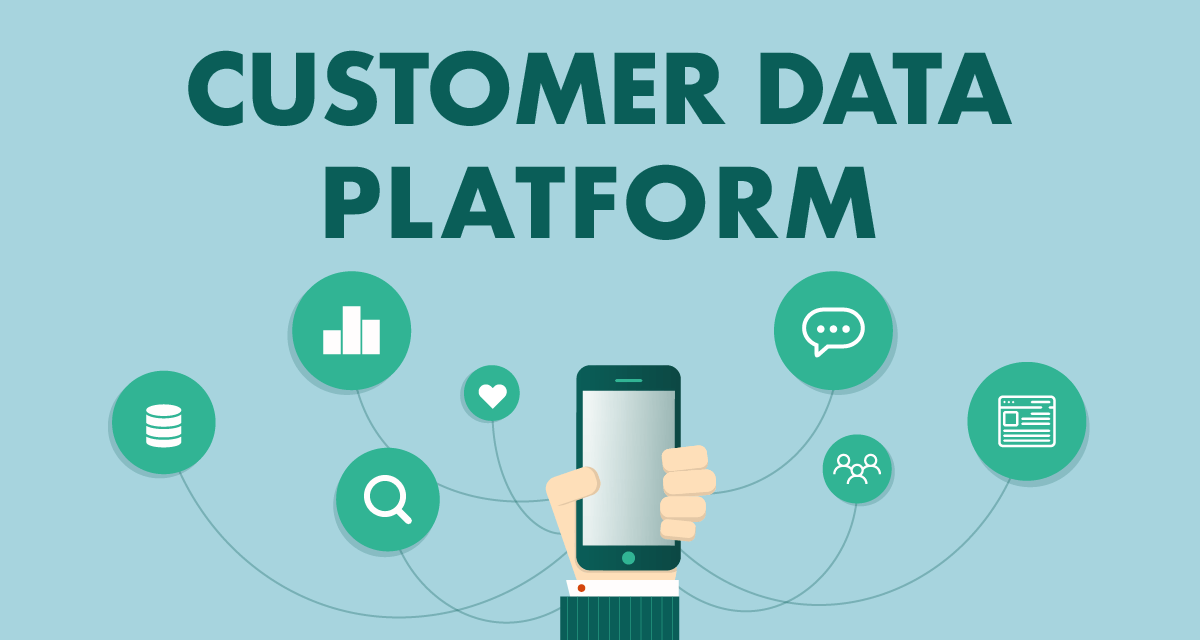Customer Data Platform
Customer Data Platform
Blog Article

Understanding the Power of Customer Data Platforms
In the age of digital transformation, where customer data is more accessible than ever, leveraging this wealth of information has become a cornerstone of successful marketing strategies. Customer Data Platforms (CDP) stand at the forefront of this revolution, offering businesses an unparalleled view of their customer base. This article delves into the essence of CDPs, showcasing their critical role in modern marketing, how they stand apart from traditional Customer Relationship Management (CRM) systems, and why adopting a CDP is a strategic move for organizations aiming to enhance their customer engagement and marketing efficacy.
What is a Customer Data Platform?
At its core, a Customer Data Platform is a sophisticated tool designed to collect, integrate, and manage customer data from a variety of sources, both online and offline. By harmonizing information from disparate channels into unified customer profiles, CDPs provide organizations with a comprehensive, 360-degree view of their customers. This unified view enables marketers to craft highly personalized marketing strategies, delivering relevant content and offers to the right audience at the opportune time.
CDP vs. CRM: Understanding the Difference
While both CDPs and CRMs are pivotal in managing customer data, their focus areas and capabilities are distinct. CRMs are traditionally designed to manage company-customer interactions, focusing on sales processes, customer service, and maintaining business relationships. In contrast, CDPs delve deeper into understanding customer behaviors and preferences by integrating data from various touchpoints. This allows for a more detailed analysis of customer journeys, enabling predictive modeling and targeted marketing campaigns. In essence, if CRMs are about managing relationships, CDPs are about understanding and engaging customers on a profound level.
Why Your Organization Needs a CDP Tool
Incorporating a CDP Tool into your marketing technology stack offers several compelling advantages:
Enhanced Customer Insights
By aggregating data from multiple sources, a CDP Tool facilitates a deeper understanding of customer behaviors and preferences. This insight is invaluable for creating personalized customer experiences that resonate with your target audience, ultimately fostering loyalty and driving conversions.
Streamlined Marketing Efforts
With a unified customer view at their disposal, marketers can more effectively segment their audience and tailor marketing messages. This targeted approach ensures that marketing efforts are not wasted on uninterested parties, improving overall marketing ROI.
Agility in Decision Making
The comprehensive data provided by CDPs empowers organizations to make informed decisions quickly. Whether it’s responding to emerging market trends or adjusting strategies based on customer feedback, CDPs provide the data agility needed to stay competitive.
Implementing a Customer Data Platform: Key Considerations
Adopting a CDP is not merely about choosing the right technology; it’s about aligning it with your business goals and customer strategy. Here are some key considerations to keep in mind:
- Data Integration: Ensure the CDP can seamlessly integrate data from all the sources relevant to your business.
- Compliance and Security: Given the sensitivity of customer data, opt for a CDP that offers robust security features and complies with data protection regulations.
- Scalability: Choose a platform that can grow with your business, capable of handling increasing volumes of data and complexity.
- User-Friendly Interface: The CDP should be accessible to users across your organization, with intuitive interfaces and comprehensive analytics features.
Conclusion: The Strategic Imperative of CDPs
The advent of Customer Data Platforms has marked a significant shift in how businesses approach customer data. No longer confined to siloed databases or limited by the scope of traditional CRMs, organizations now have the power to harness comprehensive customer insights, thanks to CDPs. This profound understanding of customer behaviors and preferences is not just a competitive advantage; it’s a necessity in crafting personalized, engaging customer experiences that drive loyalty and growth.
As the digital landscape continues to evolve, the role of CDPs in marketing strategies becomes increasingly indispensable. For organizations looking to stay ahead in the game, investing in a robust CDP is not just an option—it’s a strategic imperative. By doing so, businesses can unlock the full potential of their customer data, paving the way for more effective marketing strategies, enhanced customer experiences, and ultimately, greater success in the digital age.
Report this page